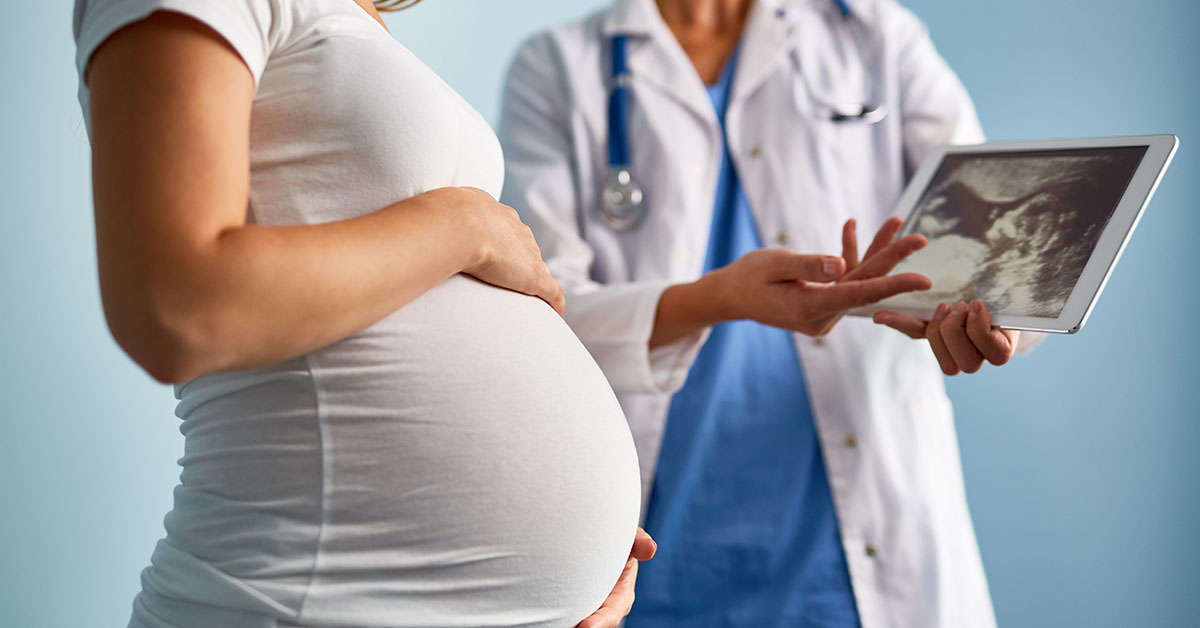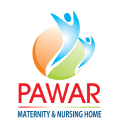High-Risk Pregnancy

High-Risk Pregnancy
A high-risk pregnancy is a pregnancy that involves increased health risks for the pregnant person, fetus or both. Certain health conditions and your age (being over 35 or under 17 when pregnant) can make a pregnancy high risk. These pregnancies require close monitoring to reduce the chance of complications.
All pregnancies carry risks. The definition of a “high-risk” pregnancy is any pregnancy that carries increased health risks for the pregnant person, fetus or both. People with high-risk pregnancies may need extra care before, during and after they give birth. This helps to reduce the possibility of complications.
However, having a pregnancy that’s considered high risk doesn’t mean you or your fetus will have problems. Many people experience healthy pregnancies and normal labor and delivery despite having special health needs.
What causes high-risk pregnancy?
Factors that make a pregnancy high risk include:
- Preexisting health conditions.
- Pregnancy-related health conditions.
- Lifestyle factors (including smoking, drug addiction, alcohol abuse and exposure to certain toxins).
- Age (being over 35 or under 17 when pregnant).
What are common medical risk factors for a high-risk pregnancy?
People with many preexisting conditions have increased health risks during pregnancy. Some of these conditions include:
- Autoimmune diseases, such as lupus or multiple sclerosis (MS).
- COVID-19.
- Diabetes.
- Fibroids.
- High blood pressure.
- HIV/AIDS.
- Kidney disease.
- Thyroid disease.
- Polycystic ovary syndrome (PCOS).
